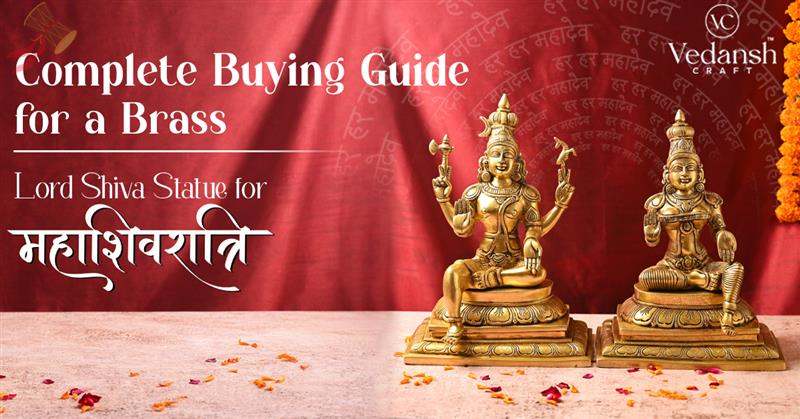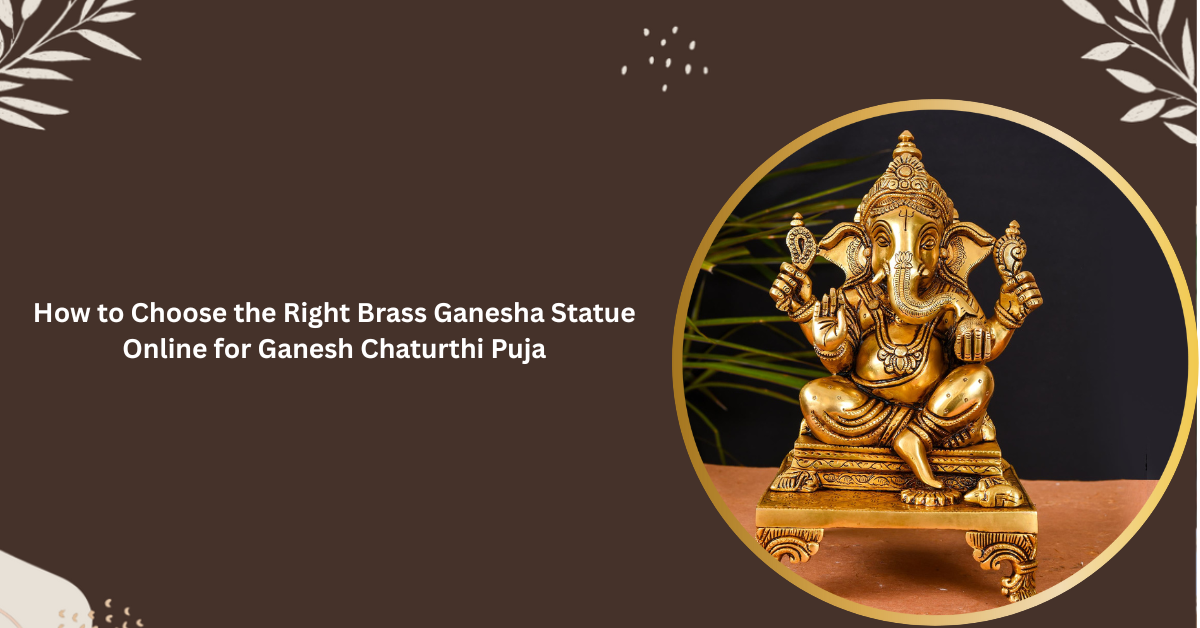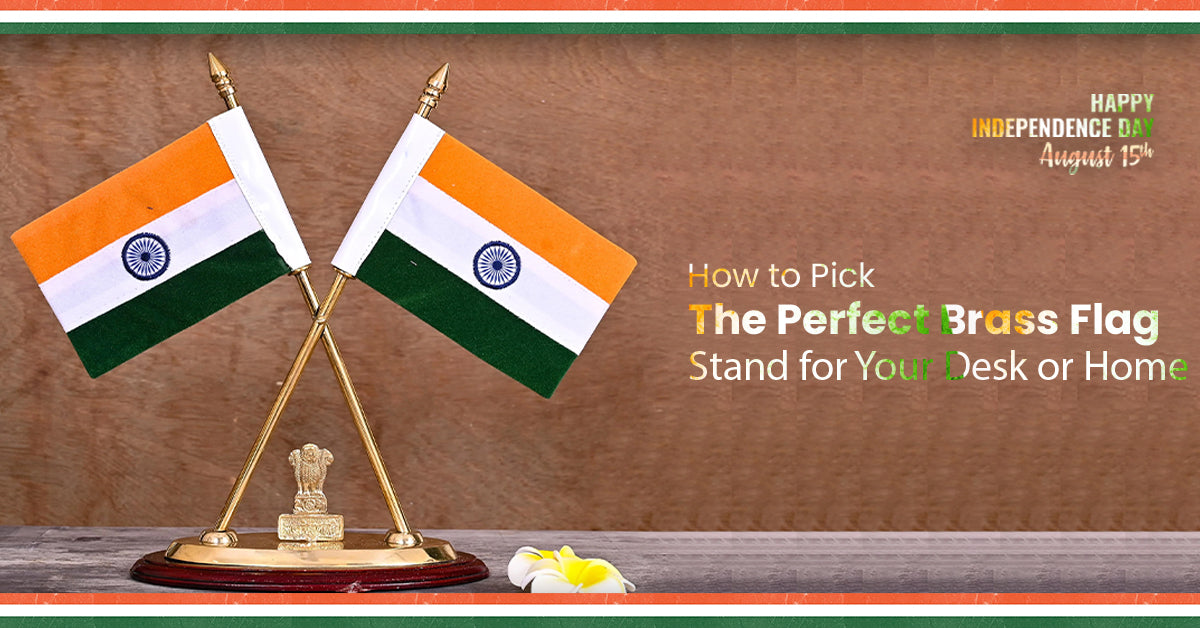

What Items Are Included in a Diwali Puja Kit?
, by javed techqart, 11 min reading time
Diwali holds great cultural and religious significance as it marks the victory of light over darkness and good over evil. The festival has its roots in various mythological and religious narratives. It is primarily associated with the return of Lord Rama to Ayodhya after defeating the demon king Ravana. It is also a time for celebrating the goddess Lakshmi, who is the symbol of wealth and prosperity. Diwali is marked by the lighting of lamps, bursting of fireworks, sharing of sweets, and exchanging gifts.

Importance of Performing Diwali Puja
Diwali puja is a fundamental part of the Diwali celebrations for millions of people. It holds immense religious significance as it is a time to offer prayers and seek the blessings of deities. The Diwali puja is a way to express gratitude for the blessings received and to invoke divine blessings for the year ahead. It is believed that performing Diwali puja with devotion and sincerity can bring peace, harmony, and abundance into one's life.
Diwali rituals and customs are deeply rooted in Hindu traditions and can vary from region to region. However, there are common elements that are observed during the Diwali puja. These include:
- Cleaning and decorating the home to welcome the goddess Lakshmi.
- Lighting of diyas or oil lamps to symbolize the triumph of light over darkness.
- Offering prayers and devotional songs to deities, particularly Lord Ganesha and Goddess Lakshmi.
- Bursting of fireworks, signifying the victory of good over evil.
- Exchanging gifts and sweets with family and friends to spread joy and unity.
- Preparing and sharing delicious feasts to celebrate the festival.
Diwali Puja Kit
A Diwali puja kit is crucial in facilitating the rituals and customs associated with the festival. It is a collection of essential items and materials required for performing the puja with ease and reverence. The kit is a convenient and organized means to ensure no significant elements are overlooked during the puja. It includes items like diyas (oil lamps), incense sticks, camphor, flowers, sweets, holy water, and more. These items are symbolic, helping in creating a spiritually charged atmosphere for the puja. The Diwali puja kit is a tangible representation of the devotion that individuals have for this auspicious festival.
1) Diya
Diya, the traditional oil lamp, holds immense symbolism and significance in Diwali puja. It represents the dispelling of darkness and the triumph of light over ignorance and evil. Lighting the diya symbolizes the enlightenment of the soul and the invitation of positive energy into one's life. The flame is believed to carry one's prayers to the gods and convey gratitude for their blessings.
Diyas come in various forms and materials, including clay, brass, silver, or even eco-friendly options. Traditional clay diyas are popular for their symbolism and affordability, while decorative brass or silver diyas are often used for ornamental purposes. In recent years, eco-friendly diyas made from materials like cow dung or terracotta have gained popularity as they are more environmentally sustainable.

2) Incense Sticks (Agarbatti)
Incense sticks, or agarbatti, are an essential part of the Diwali puja kit. They purify the environment and create a fragrant and calming atmosphere for the worship. The aroma of incense is believed to purify the surroundings and prepare a space for divine communication. The smoke rising from the incense is also considered a medium for praying to the heavens.

Camphor, or kapur, is part of the offerings during Diwali puja. It is usually ignited and offered to the deities while singing devotional songs or aarti. The fragrant fumes burning camphor produces are believed to purify the surroundings and create a sacred environment. The act of lighting camphor signifies the dispelling of inner impurities and the invitation of positivity and light into one's existence.
4) Rangoli MaterialsRangoli is an intricate and colorful art form created on the floor of the puja area. It uses colored powders, rice, flower petals, and other materials to form geometric patterns, floral designs, or religious symbols. Rangoli is a welcoming and aesthetically pleasing decoration, drawing the blessings of deities and guests alike. Colored powders, rice, and flower petals are the primary materials used in creating rangoli designs. Creating rangoli is considered a promising art, signifying creativity and devotion.
5) FlowersOffering fresh flowers is an integral part of Diwali puja. Flowers are symbolic of purity, beauty, and the impermanence of life. They are offered as a gesture of devotion, gratitude, and respect to the deities. Marigolds, in particular, are considered highly auspicious and are often used to make garlands for decorating idols and the puja area.
6) Sweets and FruitsSweets and fruits are offered as prasad to the deities during Diwali puja. This gesture symbolizes the sharing of one's blessings and wealth with the divine. Traditional sweets like laddoos, barfis, and jalebis are commonly offered, along with fruits such as apples, bananas, and coconuts. These offerings symbolize abundance, prosperity, and the sweetness of life.
7) Holy Water (Gangajal or Rose Water)Holy water, often sourced from the Ganges (Gangajal) or rose water, plays a crucial role in purifying the items used in the puja, as well as the individuals conducting the rituals. It is sprinkled on the puja items and used to cleanse the hands before and after the puja.
8) Coconut (Sriphal)The coconut, often referred to as "Sriphal" in the context of Diwali puja, holds a special place in Hindu rituals and is considered a symbol of divinity and purity. It is often referred to as the "fruit of the gods." The outer shell represents the worldly or materialistic aspects of life, while the inner white kernel symbolizes purity and divine consciousness. When offered in the puja, the coconut signifies the surrender of one's ego and worldly desires to the divine.
9) Idol or Picture of DeityThe deities for worship during Diwali can vary based on individual beliefs and traditions. However, Lord Ganesha and Goddess Lakshmi are commonly worshipped. Lord Ganesha, the remover of obstacles, is invoked at the beginning of any auspicious occasion. At the same time, Goddess Lakshmi, the goddess of wealth and prosperity, is revered to seek her blessings for financial well-being. Some may also choose to include idols or images of other deities, depending on their specific family traditions.

Having an idol or picture of the chosen deity is essential in focusing one's devotion and prayers. It serves as a physical representation of the divine, allowing devotees to establish a connection with the spiritual realm. The presence of the deity's image or idol adds a sense of sacredness and spirituality to the puja, aiding in the concentration and devotion of the participants.

The bell is an optional but frequently used item during Diwali puja and other Hindu rituals. It is rung at various stages of the puja to invoke the attention of the deities and create a melodious atmosphere. The sound of the bell is believed to ward off negative energies and create a sense of purity and divinity in the surroundings.
The ringing of the Pooja Bell is symbolic of awakening one's spiritual consciousness. It is said to dispel negative thoughts and focus the mind on the divine presence. The melodious chime of the bell is considered a call to the deities and an invitation for them to bestow their blessings upon the devotees.

Prasad is an integral part of Diwali puja. It involves the preparation of special food items that are offered to the deities during the ritual. These food offerings are considered sacred. They are believed to carry the blessings and grace of the divine. Prasad can include various sweet and savory items, such as laddoos, kheer, fruits, and more.
Preparing Prasad is often a family affair, with loved ones contributing to the cooking process. Once the offerings are made to the deities, they are considered blessed, and the prasad is then distributed among the family members and attendees as a symbol of the deity's grace and love.
12) Aarti ThaliAn aarti thali is a decorative plate used during the aarti ritual, an essential part of Diwali puja. A brass thali is often chosen for its traditional significance and durability. Brass is a metal that is considered pure and is believed to have the ability to attract positive energy. It is also corrosion-resistant, making it a suitable choice for holding the offerings during the aarti.
The aarti thali is adorned with various items essential for the aarti ritual, including a diya with a lit lamp, incense sticks, saffron paste, flowers, rice, and sometimes a bell. During the aarti, the thali is gently moved in a circular motion in front of the deity while singing devotional songs. The aarti is a moment of deep connection and devotion, and the aarti thali plays a crucial role in enhancing this sacred experience.

Performing the Diwali Puja with Devotion and Tradition
The Diwali puja is not merely a set of rituals but a means to express one's devotion and gratitude to the divine. Performing the puja with sincerity and adherence to tradition strengthens the spiritual connection and invokes blessings for prosperity, harmony, and well-being.
The Diwali puja kit serves as a practical and organized way to conduct the rituals with reverence. It not only helps individuals and families uphold cultural traditions but also fosters a deeper connection with spirituality and the divine. The items within the puja kit are imbued with symbolism and significance, adding depth to the celebration of Diwali, the festival of lights and blessings.
Blog posts




